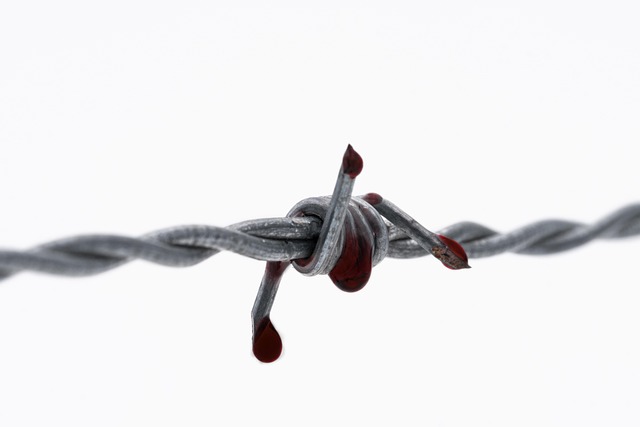Injury victims in Peoria, Illinois, need to understand local tort law and key legal concepts for a successful Peoria Injury Lawsuit. Gather robust evidence, including medical records, photographs, witness statements, and financial documentation. Choose experienced personal injury attorneys with proven success in similar cases to navigate the complex process, ensure proper paperwork, negotiate with insurance companies, and build a strong claim for just compensation.
Looking to file an injury claim in Peoria? Navigating a personal injury lawsuit can be complex, but understanding Peoria injury laws is crucial. This guide provides essential resources and insights to help you every step of the way. From gathering evidence to selecting the right legal representation, we’ll ensure you’re prepared. Whether it’s a car accident, slip-and-fall, or any other type of injury, these resources will empower you to pursue the compensation you deserve in a Peoria injury lawsuit.
- Understanding Peoria Injury Laws
- Gathering Evidence for Your Claim
- Selecting the Right Legal Representation
Understanding Peoria Injury Laws

In the event of an injury in Peoria, understanding the local Peoria injury laws is crucial for navigating a potential Peoria injury lawsuit. Illinois follows a tort law system, which means that individuals have the right to seek compensation for damages caused by another party’s negligence. When filing a claim, it’s essential to be aware of the statutes of limitations and notice requirements specified in Peoria Injury Lawsuit procedures. These legal frameworks dictate the time frame within which a lawsuit must be filed after an injury occurs and the steps that need to be taken before initiating legal action.
Familiarizing yourself with these laws is the first step in ensuring you have a strong case. It involves understanding concepts like duty of care, breach of that duty, causation, and damages. These elements form the foundation for any successful Peoria injury lawsuit, so seeking guidance from legal professionals experienced in Peoria Injury Lawsuit practices can be immensely beneficial to understand your rights and options.
Gathering Evidence for Your Claim

When preparing a Peoria injury lawsuit, gathering robust evidence is paramount to strengthening your claim and increasing your chances of success. Start by documenting all medical treatments received, including dates, names of healthcare providers, and billing statements. Any photographs related to the incident or subsequent injuries, such as those showing physical wounds or damaged property, are invaluable.
Additionally, collect statements from witnesses who observed the accident. These accounts can provide crucial details that support your version of events. Keep detailed records of any communication with insurance companies, including correspondence, emails, and notes from conversations. Lastly, maintain a log of any lost wages, medical expenses, and other relevant financial information stemming from the injury.
Selecting the Right Legal Representation

When considering a Peoria injury lawsuit, selecting the right legal representation is a crucial step. Look for attorneys who specialize in personal injury law and have a proven track record of success in similar cases. Check their credentials, client testimonials, and areas of expertise to ensure they align with your needs.
A reputable lawyer will guide you through the complex process, helping you navigate paperwork, negotiate with insurance companies, and build a strong case. They should offer transparent communication, keep you updated on developments, and fight vigorously for your rights to ensure you receive fair compensation for your injuries.
When pursuing a Peoria injury lawsuit, understanding the local laws and having the right resources is key. By gathering comprehensive evidence and selecting experienced legal representation, you’ll be well-equipped to navigate the process successfully. Remember, each step, from understanding Peoria injury laws to selecting the right advocate, contributes to the outcome of your claim.
